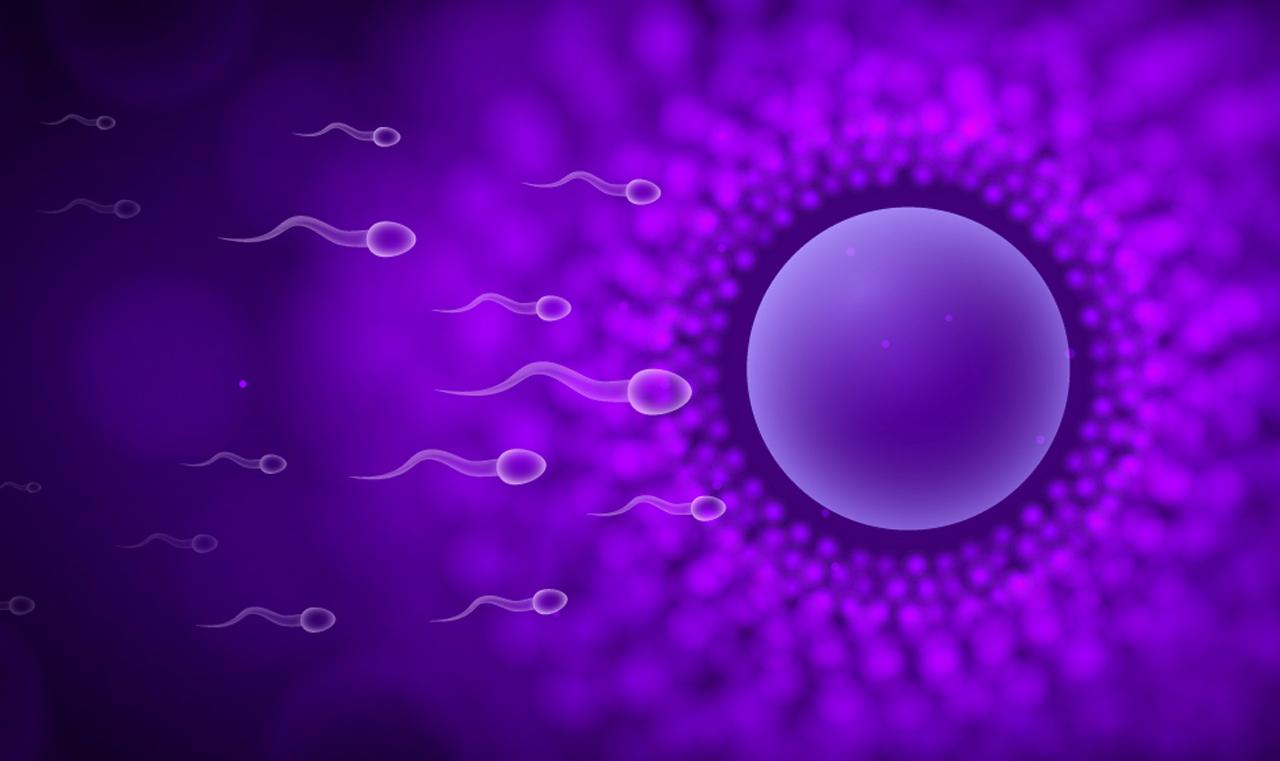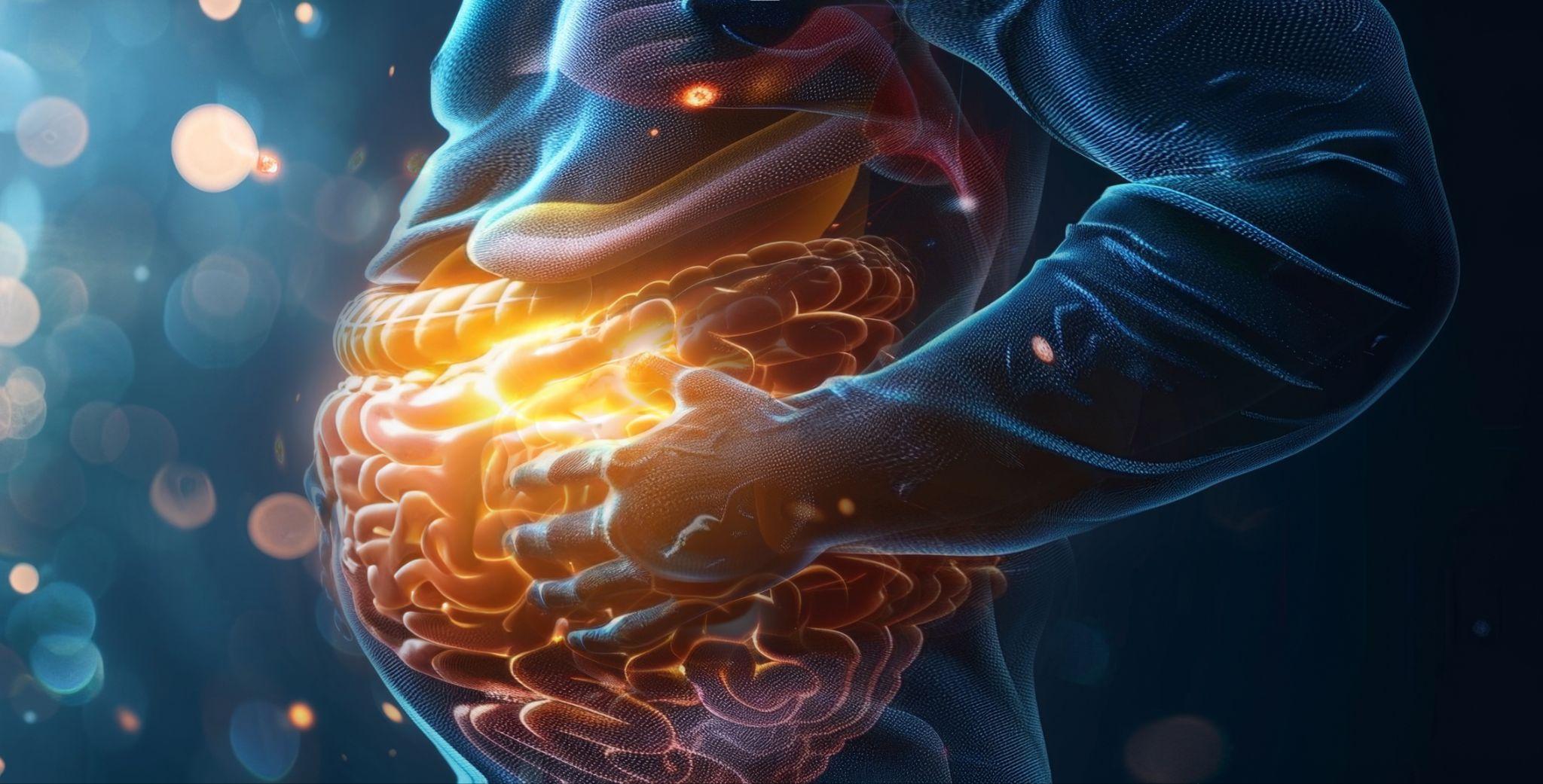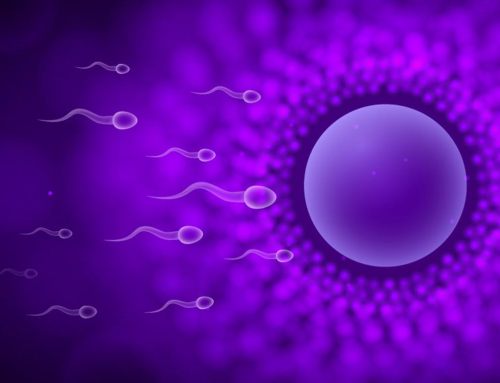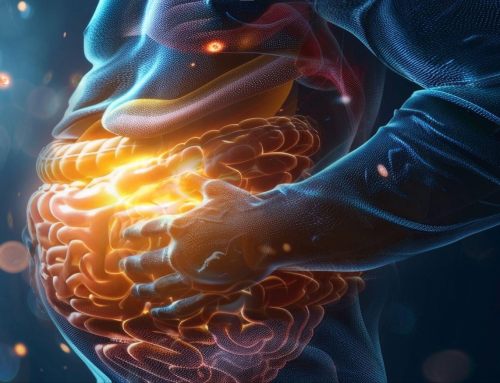The Impact of Hormone Replacement Therapy on the Gut Microbiome
Similarly to sex hormones, the gut microbiome and its agents act upon remote tissues in a finely coordinated dance of spheres of influence. When both elements influence each other, a variety of permutations ensue. There can be a significant similarity in symptoms between menopause and an imbalanced gut flora (as evidenced by the makeup of the microbiome) that can confound healthcare practitioners. Menopause, the cessation of menstruation with an age-related reduction of estrogen, has significant ties to the microbiome rooted in the fluctuations of estrogen levels. In a previous article, the relationship between gut health and menopause was highlighted. This article focuses on hormone replacement therapy (HRT), a common remedy for symptoms associated with low estrogen conditions such as menopause, and its impact on the gut microbiome. If low estrogen levels in women can impact the gut microbiome, what effect does restoration of estrogen levels through HRT do?
Low Estrogen Due to Menopause or Premature Ovarian Insufficiency
Lower estrogen levels in women are associated with lower microbial diversity in the gut. Numerous studies show that when estrogen levels dip upon peri-menopause or menopause, microbial diversity of the microbiome also falls (1, 2). Lower microbial diversity can account for some gastrointestinal effects and increase the risk for dysbiosis (imbalanced gut flora) in menopause. Besides affecting the microbiome directly, estrogen levels can indirectly affect the microbiome through altered gut motility and other more circuitous pathways. The current treatment for the low estrogen levels of menopause is hormone replacement therapy (HRT), where a form of estrogen (and perhaps progesterone or other hormones) is supplemented to pre-menopause levels.
However, menopause is not the only reason for low levels of circulating estrogen. While menopause is the better-known estrogen-deficient condition, one condition garnering researchers’ attention is Premature Ovarian Insufficiency (POI). This condition occurs when one of the significant sources of estrogen, the ovaries, fails in a female before the age of forty (3). It’s tempting to think of this as premature menopause, yet women with POI might still menstruate intermittently, while menopause is a complete cessation of the menstrual cycle.
The current practice is to restore estrogen levels for women with POI as a treatment to stave off many of the symptoms associated with low estrogen (hot flashes and dry vaginal tissue, among other symptoms). Additionally, for POI sufferers there is the hope that hormone therapy can restore fertility in the years before menopause would ordinarily start.
The Estrogen-Gut Microbiome Axis
As research continues into the relationship between estrogen and the microbiome, evidence emerges of an “estrogen-gut microbiome axis” (1). The gut microbiome is crucial to estrogen metabolism due to its ability to secrete the enzyme beta-glucuronidase, which converts estrogen to its active form through the process of deconjugation. Estrogen’s inactive form is a glucuronide, a general term for a compound that is created by conjugation in the liver (usually) and able to be excreted in the urine. Beta-glucuronidase breaks this conjugation, activating estrogen, which then re-enters circulation and binds with receptors on various organs and tissues in the body.
Dysbiosis can affect the deconjugation activity of beta-glucuronidase, affecting estrogen metabolism. Decreased microbial diversity associated with dysbiosis decreases deconjugation, which reduces activated estrogen being re-released into circulation (1). Yet the enteric nervous system (ENS), which is embedded in the walls of the gut (small and large intestines), is rich with estrogen receptors, forming a bi-directional communication between the gut microbiota and estrogen (1).
Example 1: Impact on Gut Microbiome from HRT in Premature Ovarian Insufficiency Treatment
In a 2021 study, an increase in a particular genus of bacteria was reversed using HRT as a treatment for Premature Ovarian Insufficiency (POI), and results as a whole indicated that gut dysbiosis was partially reversed (4). In this study, metabolomics of serum samples and 16S rRNA gene sequencing of fecal samples were performed to investigate how POI affected the gut microbiome and metabolite profiles. A correlation analysis was then performed on the results to find the relationship between the composition of the gut microbiome and substances in the serum: metabolites, hormones, and cytokines (4).
Results of subjects with POI were compared with healthy controls, consisting of females of matching age with regular menses and sex hormones (estrogen, progesterone, and follicle-stimulating hormone) within normal ranges. HRT in the forms of estradiol and dydrogesterone was administered throughout each cycle for over a year. Subjects with POI had a greater abundance of Eggerthella and Staphylococcus bacteria yet decreased levels of Barnesiella and Comamonas, indicating gut dysbiosis. HRT was able to reverse the level of Eggerthella to normal in POI subjects, indicating partial remediation of the gut dysbiosis.
In the metabolite investigation, thirty-three metabolites (most having origins associated only with the microbiome) were identified from serum using non-targeted metabolomics. That is, rather than searching for the presence of specific metabolites, the attempt was made to identify whatever metabolites were in the sample. Of the thirty-nine metabolites, nine metabolites in POI subjects were significantly elevated. Seven of the nine metabolites have origins in the microbiome, as the action of gut bacteria produces them. Interestingly, these nine metabolite levels returned to normal with the administration of HRT (4).
Example 2: Impact on Gut Microbiome from HRT in Menopause Treatment
Female participants selected from the ongoing REIMAGINE study (Revealing the Entire Intestinal Microbiota and its Associations with the Genetic, Immunologic, and Neuroendocrine Ecosystem) clearly demonstrated the ability of HRT to affect change in the gut microbiome, this time specifically in the duodenum (the upper part of the small intestine). In the healthy system, partially digested food from the stomach moves into the duodenum to be broken down as far as it can, its nutrients absorbed through the small intestine lining, and the rest continuing as waste into the large intestine.
Unlike the previous study, microbial samples were taken from the upper duodenum through endoscopy instead of from fecal matter. The microbiome of the duodenum was examined as hormone therapy was administered to address the condition of menopause and its symptoms, comparing the effects in this group to a group that was also menopausal but taking no HRT. Additionally, a group of women of reproductive age (non-menopausal) who were not taking HRT were also examined.
DNA of the duodenal microbial samples was collected, and serum hormone levels were taken simultaneously. Subjects taking HRT were not assigned specific hormones; instead, the subjects had been working with their own doctors to achieve adequate levels of hormones. They were selected for this study based on questionnaires. Measurements of serum estrogen, testosterone, and progesterone were taken at the time of the endoscopy duodenal samples.
Results from this study confirmed a statistically significant reduction in microbial diversity in the duodenums of menopausal women not taking HRT (5). The menopausal subjects taking HRT had microbial samples more closely resembling the reproductive-age women. In menopausal subjects from HRT and no HRT groups, testosterone levels tracked with microbial diversity; depressed diversity was associated with decreased testosterone. This result held even when including the testosterone levels of the reproductive-aged women (5).
In regards to specific bacterial phyla in the duodenum, the menopausal women taking HRT again resembled the reproductive-age women, remarkably with the same ranking of order in terms of prevalence, Firmicutes, followed by Actinobacteria, Proteobacteria, Bacteroidetes, Fusobacteria, and TM7 (5). Similar to the previous study, a high level of dysbiosis was noted in the menopausal women not taking HRT. Interestingly, Bacteroides levels tracked with testosterone, with lower Bacteroides being associated with lower testosterone (5). The researchers believe the overall results may indicate that HRT can beneficially preserve the microbiome in the duodenum despite the subject’s age continuing to increase.
Bonus Microbiome Benefits: Boost to Vaginal Microbiome from HRT
As a side note, HRT has also been shown to be beneficial for the vaginal microbiome. It is pretty well-known that estrogen therapy can counter one of the banes of menopause, the drying and reduced pliability of vaginal tissues. A source of much pain and consternation, this is often the symptom that drives menopausal and peri-menopausal women to visit a doctor. However, estrogen’s effects do not stop there. There is now considerable evidence that adequate estrogen increases bacterial numbers in the vaginal microbiome (6) and replenishes vaginal tissues that indirectly help to stabilize the microbial inhabitants (7). Lactobacillus was shown to dominate the vaginal microbiome, and it is suggested that this bacteria can be replenished through the gastrointestinal tract, which acts as a reservoir for the beneficial bacteria.
What Could the Future Hold?
Additional studies need to be conducted to be more confident about specific microbiome benefits stemming from specific HRT doses in low estrogen conditions. However, evidence is mounting that HRT can bring about microbial homeostasis in various locations in the body. With advancements in the classification of microbial gut flora that come with big data, better computing power, and the fields of metagenomics and metabolomics, even more relationships between sex hormones and the mysteries of the microbiome will be quantified.
Imagine reducing the negative symptoms and health conditions associated with low estrogen- virtually eliminating POI and, on the other hand allowing the natural cessation of reproductive function to commence asymptomatically in the truly menopausal woman. Taking advantage of the bidirectional communication between the microbiome and sex hormones to normalize internal microbial conditions is already occurring today and will be further refined in the coming years. The explosion of technology combined with the interest in personalized medicine will help map out the exciting possibilities.
To learn more about the impact of HRT on the gut microbiome, please join us in learning more from leading experts during our free, live virtual webinars on June 20th and 27th. Click the links to learn more and register.
Optimizing Menopause: Understanding the Role of Hormone Replacement Therapy and Natural Remedies for Symptom Relief and Long-Term Health Optimization will be held June 20, 2023, from 4-6:30 pm PST, and Addressing Hormonal Imbalances in the Menstruating Female Using Natural Remedies, will be held June 27, 2023, from 4-6:30 pm PST.
Sources:
- Baker JM, Al-Nakkash L, Herbst-Kralovetz MM. Estrogen-gut microbiome axis: Physiological and clinical implications. Maturitas. 2017 Sep;103:45-53. doi: 10.1016/j.maturitas.2017.06.025. Epub 2017 Jun 23. PMID: 28778332.
- Singh V, Park YJ, Lee G, Unno T, Shin JH. Dietary regulations for microbiota dysbiosis among post-menopausal women with type 2 diabetes. Crit Rev Food Sci Nutr. 2022 May 30:1-16. doi: 10.1080/10408398.2022.2076651. Epub ahead of print. PMID: 35635755.
- Primary ovarian insufficiency [Internet]. Mayo Foundation for Medical Education and Research; 2021 [cited 2023 Jun 9]. Available from: https://www.mayoclinic.org/diseases-conditions/premature-ovarian-failure/symptoms-causes/syc-20354683
- Jiang L, Fei H, Tong J, Zhou J, Zhu J, Jin X, Shi Z, Zhou Y, Ma X, Yu H, Yang J, Zhang S. Hormone Replacement Therapy Reverses Gut Microbiome and Serum Metabolome Alterations in Premature Ovarian Insufficiency. Front Endocrinol (Lausanne). 2021 Dec 23;12:794496. doi: 10.3389/fendo.2021.794496. PMID: 35002971; PMCID: PMC8733385.
- Leite G, Barlow GM, Parodi G, Pimentel ML, Chang C, Hosseini A, Wang J, Pimentel M, Mathur R. Duodenal microbiome changes in postmenopausal women: effects of hormone therapy and implications for cardiovascular risk. Menopause. 2022 Jan 24;29(3):264-275. doi: 10.1097/GME.0000000000001917. PMID: 35213514; PMCID: PMC8862775.
- Gliniewicz K, Schneider GM, Ridenhour BJ, Williams CJ, Song Y, Farage MA, Miller K, Forney LJ. Comparison of the Vaginal Microbiomes of Premenopausal and Postmenopausal Women. Front Microbiol. 2019 Feb 14;10:193. doi: 10.3389/fmicb.2019.00193. PMID: 30837959; PMCID: PMC6382698.
- Laniewski P, Herbst-Kralovetz MM. Connecting microbiome and menopause for healthy aging. Nat Microbiol. 2022 Mar;7(3):354-358. doi: 10.1038/s41564-022-01071-6. PMID: 35246661; PMCID: PMC9977513.












